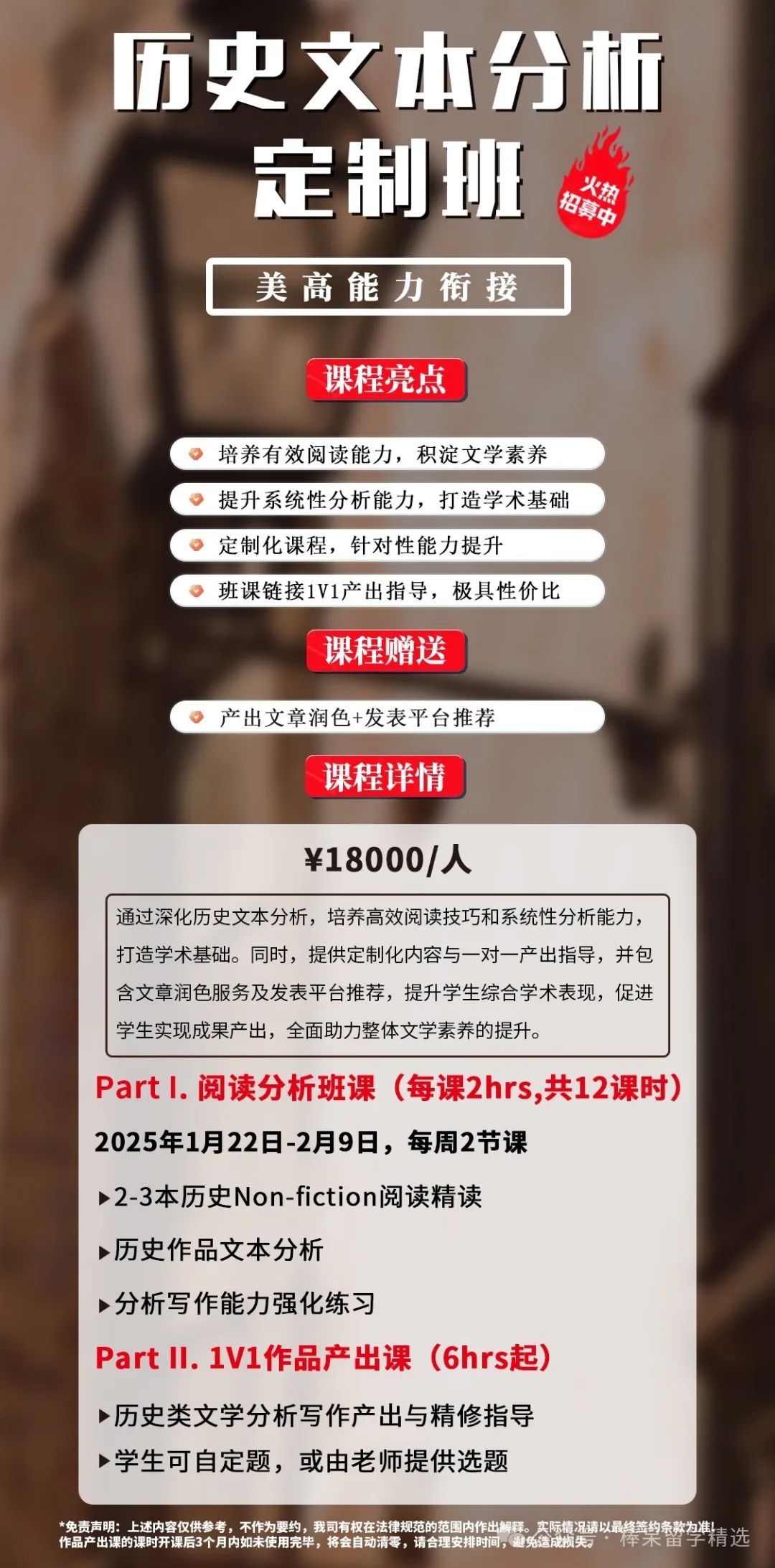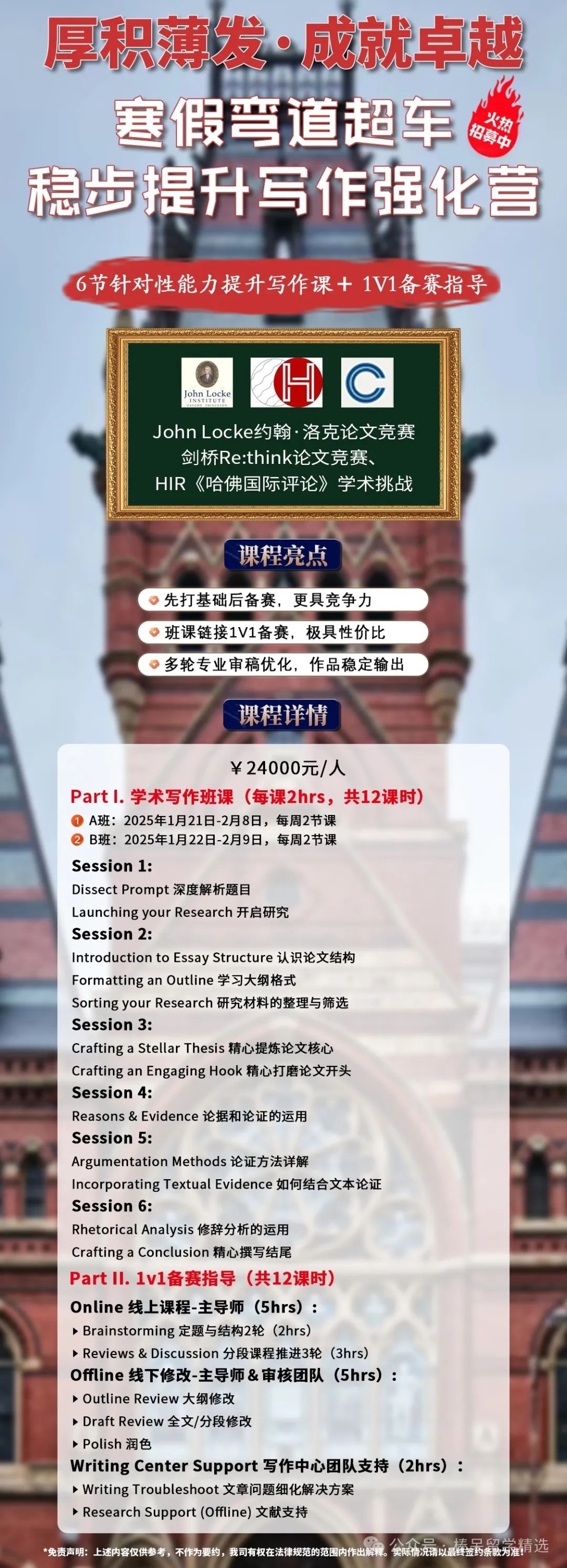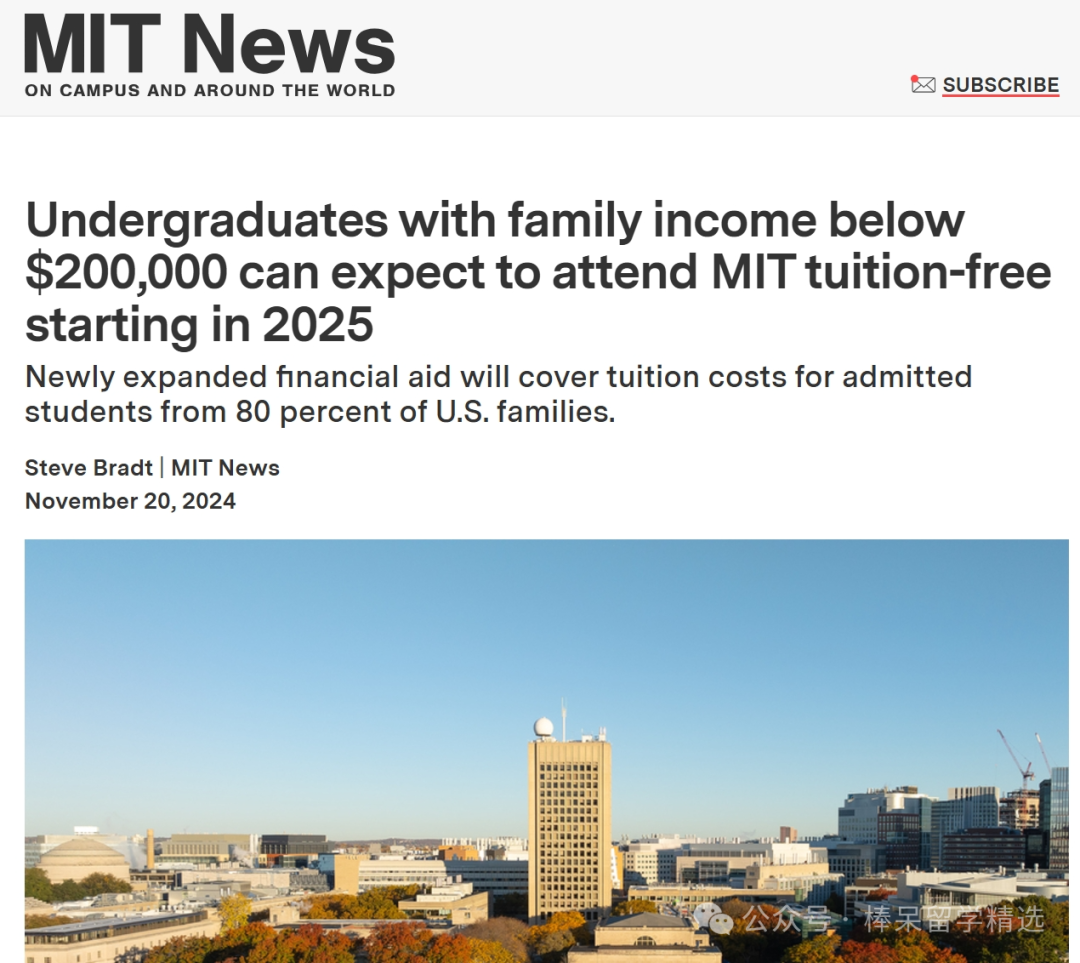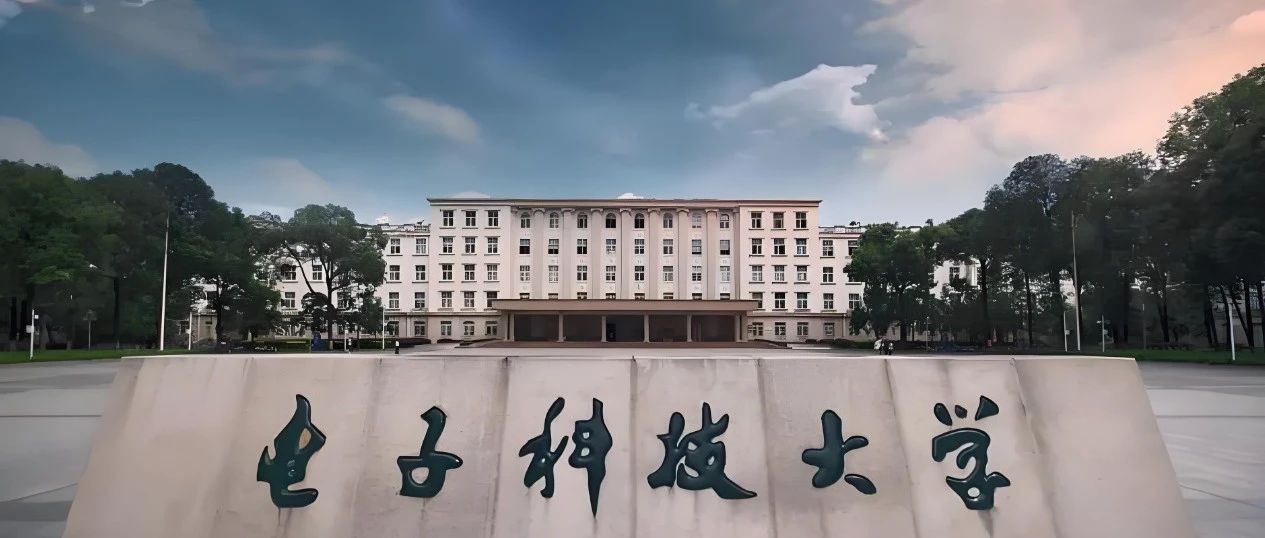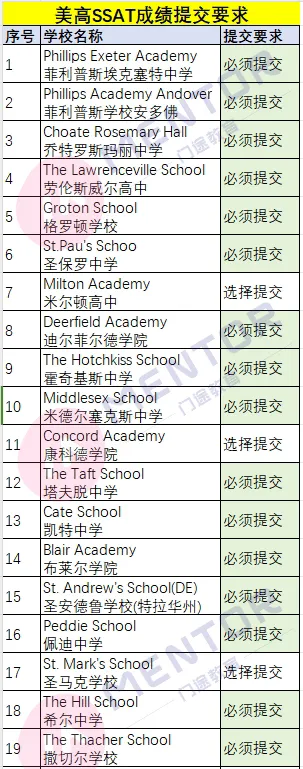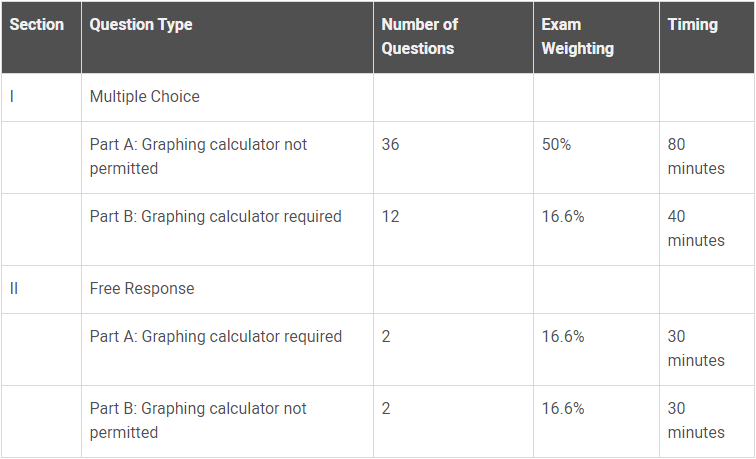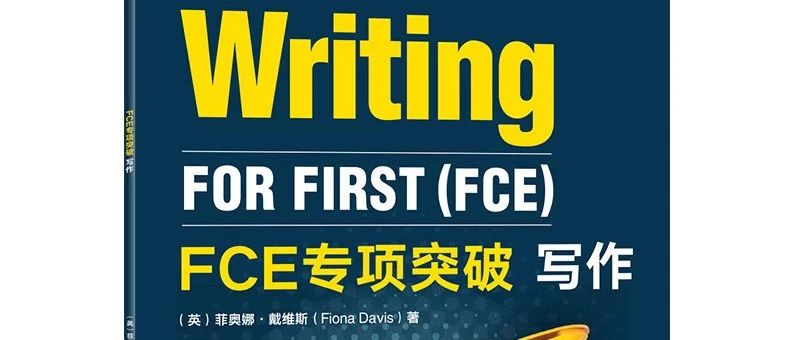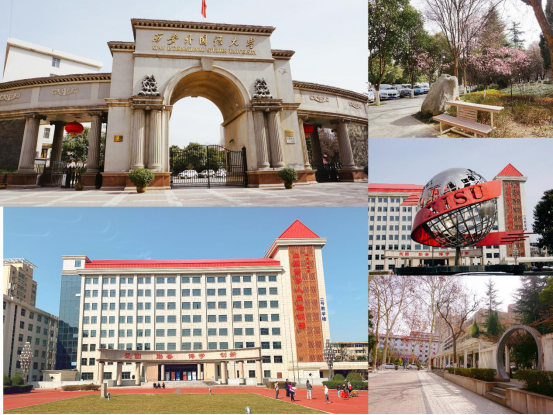2024-2025 HIEEC 高中国际经济学论文竞赛近期公布了新赛季的题目,这意味着正式开赛了!HIEEC 适合具有一定经济学基础,有意向申请经济学或相关领域研究的学生。
论文提交截止日期为 2025 年 1 月 5 日,准备参赛的同学们可以抓紧时间安排下哦!
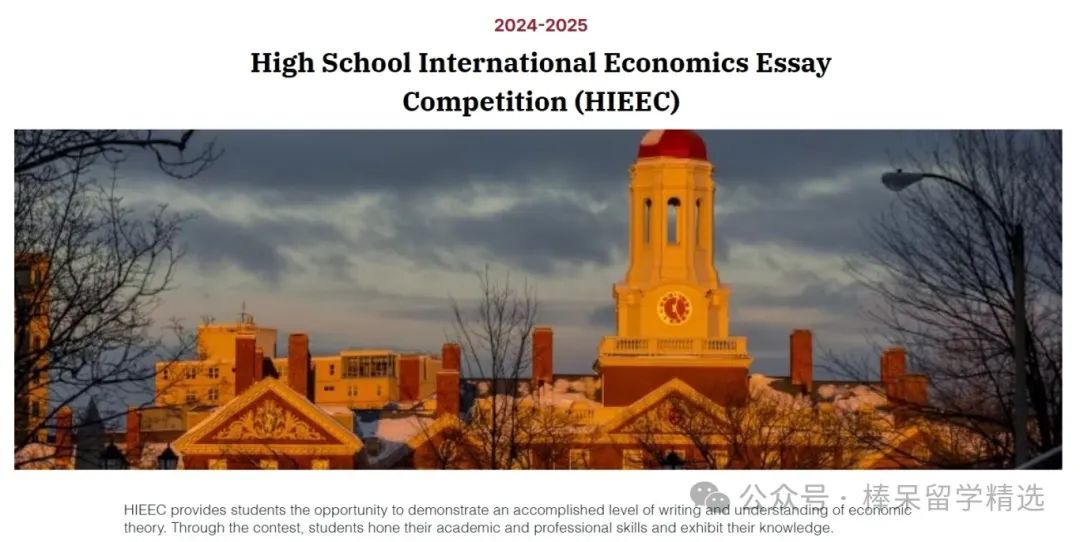
资料来源:https://www.thehuea.org/general-8
High School International Economics Essay Competition, 简称 HIEEC, 高中国际经济学论文竞赛由哈佛本科生经济学协会 (HUEA) 赞助。
该论文竞赛面向全球范围内的 9-12 年级高中生,是展示写作水平和对经济理论理解的绝佳机会。通过比赛,学生可以磨练自己的学术和专业技能并展示自己的知识。
奖项设置上,分为前 3 名的获奖者,获奖论文将在《哈佛大学经济评论》线上期刊发表。前 10 名的入围者,入围名单将在官网上公布,并由 2016 年经济学诺贝尔奖得主 Oliver Hart 评审作品。特别表彰奖则一共有 20 名,获奖名单将在官网上公布。
在 2024-2025 年赛季,HIEEC 有四个命题方向,学生可以任选其中之一参加,包括环境、不平等、劳动力和教育、加密货币/金融。具体如下:
1) Environment:
Carbon taxes have been implemented in many countries, including in Europe and the United States, and are considered to play a significant role in regulating greenhouse gas emissions. However, there are criticisms regarding this approach, such as the argument that it is not effective because enterprises may keep polluting as long as they pay the cost. Additionally, the competitive advantage of imported products from countries without carbon taxes raises questions about its effectiveness. What unique effects can be anticipated from carbon taxes compared to subsidies for renewable energy? To address the concerns currently raised about carbon taxation, what potential alternatives could be considered?
2) Inequality:
Consider a country where income taxes are used to address socioeconomic inequality by taxing a portion of citizens' earnings, typically in a way that is proportional to income. Now, imagine that this government is debating a policy shift that would eliminate income taxes for all employed persons, replacing them with a new consumption tax on goods and services, proportional to the value of each item purchased. Analyze the potential short-term and long-term economic and social effects of this policy shift within this country, as well as possible impacts on its relationships with other nations. Would you recommend this approach as a viable alternative to income taxes? Additionally, consider how at least two different groups (e.g., high-income earners, retirees, unemployed persons) might view this policy change. Would they likely support or oppose it, and why?
3) Workforce & Education:
As automation and technological advancements continue to reshape industries, the skill sets required in the workforce are rapidly changing. How should education systems adapt to prepare students for a future dominated by automation and artificial intelligence? Evaluate the potential economic impact of reorienting education around STEM fields versus soft skills and critical thinking. What changes can be made at both the policy and institutional levels to ensure a workforce that is resilient and capable of thriving in an automated world?
4) Crypto/Finance:
With the rise of cryptocurrencies and the potential introduction of central bank digital currencies (CBDCs), the role of traditional central banks may undergo significant shifts. How might the widespread adoption of digital currencies affect monetary policy, financial stability, and global capital flows? Should central banks regulate or embrace these innovations? Discuss the potential benefits and risks of digital currencies for consumers, businesses, and governments, and analyze how monetary systems could evolve in response.
考虑到 HIEEC 的论文提交截止日期在 2025 年 1 月 5 日,我们建议的备赛日期在 2024 年 11 月至 12 月。如果同学们有需要,可以咨询机构学习老师对接赛事培训!
